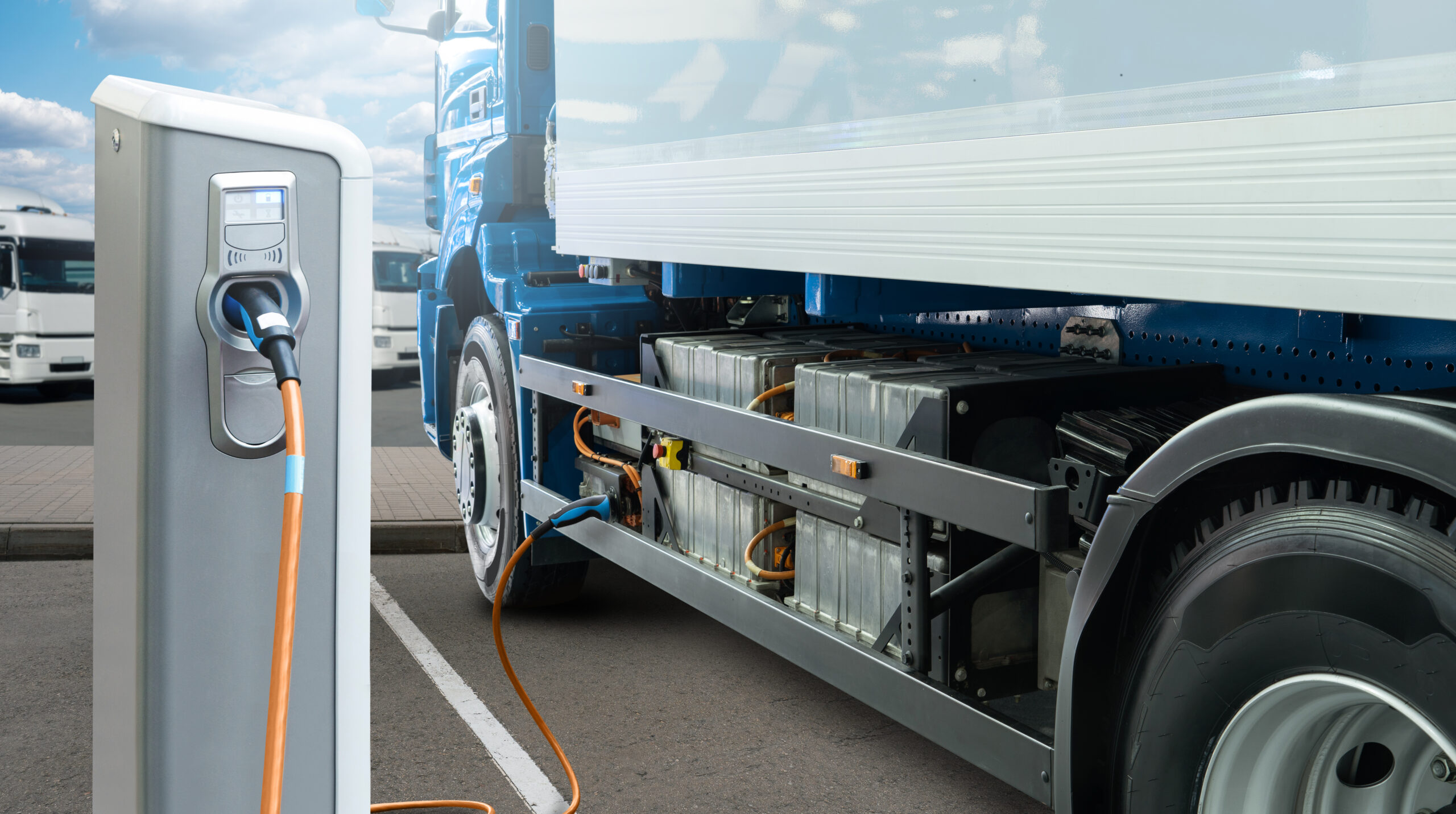12
December
Electrifying Fleet Management: How Traditional Rental Companies Keep Electric Trucks on the Road
Have you ever wondered how traditional rental companies are revolutionizing the world of transportation and contributing to a greener, more sustainable environment? Let’s take a look at how rental companies keep electric trucks on the road.
As the world shifts towards a more sustainable and eco-friendly future, the electrification of transportation is gaining momentum. Electric vehicles (EVs) are becoming increasingly popular due to their reduced environmental impact and cost-effective operational benefits. Among the various electric vehicles, electric trucks are gaining prominence in commercial applications. This shift has prompted traditional rental companies to adapt their fleet management strategies and ensure to stay on the road.
The Rise of Electric Trucks
Electric trucks have emerged as a game-changer in the logistics and transportation industry. They offer several advantages, including lower operational costs, reduced greenhouse gas emissions, and quieter operations. However, adopting electric trucks poses unique challenges compared to traditional diesel or gasoline-powered vehicles. Traditional truck rental companies have recognized the potential of electric trucks, but to effectively manage their fleets, they must overcome hurdles related to charging infrastructure, maintenance, and consumer demand.
Factors Affecting Electric Trucks in Traditional Rental Companies
Charging Infrastructure:
One of the primary concerns for traditional rental companies when managing electric trucks is establishing a robust charging infrastructure. Unlike conventional vehicles that can be re-fueled at any gas station, electric trucks require dedicated charging stations. Truck Rental companies have had to invest in building their own charging networks or collaborate with existing charging providers. These charging stations need to be strategically located along popular transportation routes and in depots to ensure trucks can stay on the road without significant downtime.
Maintenance and Technological Challenges:
Electric trucks are equipped with complex battery systems and electric drivetrains, requiring specialized maintenance and trained technicians. Traditional truck rental companies have had to invest in staff training and maintenance facilities to address the specific needs of electric trucks. Moreover, they must stay updated with the latest EV technology and collaborate with manufacturers to access technical support and spare parts promptly.
Range Anxiety and Consumer Education:
Addressing range anxiety is crucial for the successful adoption of electric trucks. Truck Rental companies have recognized that educating consumers and drivers about the capabilities and limitations of electric trucks is paramount. Offering clear information about range, charging times, and suitable routes can ease concerns and encourage more customers to consider electric trucks a viable option for their transportation needs.
Government Incentives and Regulations:
Governments worldwide are incentivizing the transition to electric vehicles by providing tax breaks, subsidies, and regulatory support. Traditional truck rental companies are actively engaged in understanding and leveraging these incentives to reduce the acquisition and operational costs of electric trucks. By taking advantage of these government programs, truck rental companies can make their electric truck offerings more attractive to customers.
Top 5 benefits of EV Fleet Management Systems
Electric Vehicle (EV) Fleet Management Systems offer a wide range of benefits for companies and organizations that operate electric vehicle fleets. Here are some of the key advantages:
Cost Savings: EVs generally have lower operating and maintenance costs compared to traditional internal combustion engine vehicles. EV fleet management systems help monitor and optimize charging patterns and vehicle usage, leading to significant cost savings in fuel, maintenance, and overall vehicle operations.
Increased Efficiency: Fleet management systems provide real-time data on vehicle performance, charging status, and driver behavior. This data can be used to optimize routes, reduce idle times, and improve overall fleet efficiency.
Reduced Downtime: Fleet management systems can monitor the health of EV batteries and vehicle systems, allowing for predictive maintenance. This minimizes unplanned downtime, ensuring vehicles are in operational condition when needed.
Charging Management: Fleet managers can remotely monitor and control the charging of EVs. They can schedule charging during off-peak hours, take advantage of lower electricity rates, and reduce the load on the grid during peak times.
Route Planning: EV Fleet Management Systems can calculate the most energy-efficient routes for each vehicle, taking into account factors like traffic, terrain, and charging station availability. This minimizes energy consumption and enhances vehicle range.
Wrapping up
Therefore, the electrification of truck fleets is a significant step towards a sustainable and eco-friendly future in the transportation industry. Traditional rental companies have recognized the potential of electric trucks, but face challenges related to charging infrastructure, maintenance, and consumer education.
Overcoming these hurdles is crucial to keeping electric trucks on the road. By investing in charging infrastructure, maintaining a skilled workforce, educating consumers, and leveraging government incentives, truck rental companies can not only adapt to the electric revolution but also lead the way in shaping the future of fleet management. As the world accelerates towards electrification, traditional rental companies are electrifying their fleets, proving that they are dedicated to a greener and more sustainable transportation industry.


Comments